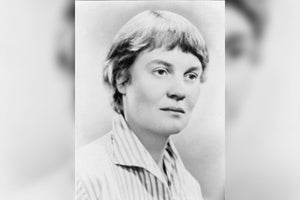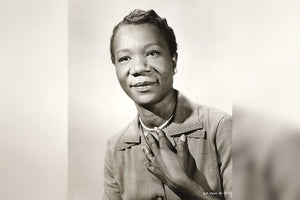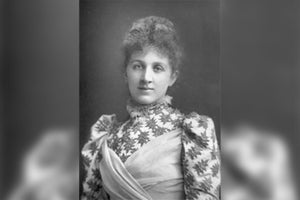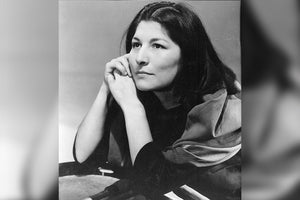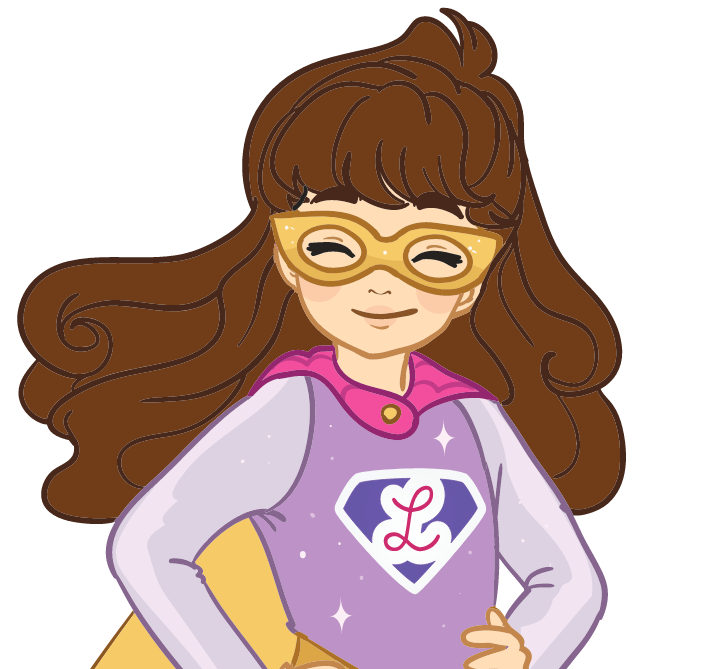Birthday: February 11, 1802
Who was Lydia Maria Child?
Lydia Maria Child, "The First Woman in the Republic," was best known as a poet and novelist, but she was also recognized for her strong fight to end slavery. Aside from that, she was also an activist who used her writing skills to write about equality. She championed for the rights of the Native Americans, slaves, and women and pioneered early forms of American literatures and wrote about the comprehensive history of women's American slavery and comparative history. She also contributed as an editor in a children's magazine.
Five Facts About Lydia Maria Child
- Lydia Maria Child was tagged as the "The First Woman in the Republic" as she was the first woman to speak out for human rights in the United States Republic in the 19th century.
- She was known as a famous author and activist in North America during the 19th century.
- She was also known as L. Maria, Lydia M. Child, and Lydia Child.
- She studied at home, at a local dame school near a women's seminary.
- She was awarded the "National Women's Hall of Fame" in the year 2007.
Inspirational Quotes from Lydia Maria Child
“Belief in oneself is one of the most important bricks in building any successful venture."
“An effort made for the happiness of others lifts above ourselves.”
“The cure for all the ills and wrongs, the cares, the sorrows, and the crimes of humanity, all lie in the one word 'love'. It is the divine vitality that everywhere produces and restores life.”
“The eye of genius has always a plaintive expression, and its natural language is pathos.”
Lydia Maria Child's Biography
Early Life
On February 11, 1802, Lydia Maria Child was born in Medford, Massachusetts. Her mother was Susanna Rand Francis, and her father was David Convers Francis. She was the youngest among Susanna and David's seven children. Susanna died when Lydia was only twelve years old.
Since Lydia was born into a middle-class family in the United States of America, she had a chance to study and be educated at home at a local dame school near a women's seminary.
Husband and Children
Lydia Maria was married to David Lee Child in 1828. David was the editor and publisher of the Massachusetts Journal and was Lydia's senior for eight years. He was also an aspiring politician, and Lydia is known as an activist.
David's family opposed their marriage. But despite this opposition, they fight for their love, get engaged in the year 1827, and get married the next year. Unfortunately, the couple was not able to bear a child.
Turning Point
In 1833, Child's work entitled "an Appeal in favor of that Class of Americans Called Africans" is considered to be a turning point in her career. In this book, she bravely pointed out her contradiction to wrong Christian teachings, explicated degradation to the moral and physical being of the slaves, emphasized the big issue of miscegenation, and talked about the North's responsibility to the system as she condemned slavery. In its introduction, she wrote that she is aware of the unpopularity of what she was doing, yet she does not fear the ridicule and censure that comes with it.
Mission and Work
Lydia fought for indigenous people's rights and slavery through her writings. She published "The First Settlers," where the main characters are white people who were identified with indigenous people rather than the Puritans. Her anti-enslavement appeal also raised and published a book entitled "An Appeal in Favor of That Class of Americans Called Africans," where the history of enslavement in America was narrated.
Lydia decided to work more as David received decreasing income. She helped by publishing books. One of these published books is "The Frugal Housewife," which was dedicated to middle-class wife and mothers. She also worked as a teacher while still writing and publishing books to earn more.
Death and Legacy
Lydia Maria Child died on October 20, 1880, at the age of 78, in Wayland, Massachusetts, on the farm where she and her husband, David, had lived.
She left a legacy of founding literary achievement. She gave voices to the marginalized groups as she wrote nonfiction work. Sentimentality and social reforms were called out as Lydia wrote fictional works. These works gave inspiration to other writers such as Harriet Beecher Stowe and Helen Hunt Jackson.
Lydia's works include The Collected Letters of Lydia Maria Child. A shorter version of this can be found in the Lydia Maria Child: Selected Letters 1817-1880 published in 1982.
She also wrote The Evils of Slavery and the Cure of Slavery (1836), Romance (1836), Duty of Disobedience to the Fugitive Slave Act (1850), Anti-Slavery Catechism (1836), Philathea, Isaac T. Hopper: A True Life (1853), The Right Way, the Safe Way, Proved by Emancipation in the British West Indies (1860), and The Patriarchal Institution, as Described by Members of its Own Family (1860).
Her works are displayed at the Boston Public Library, Massachusetts, the New York Public Library, the Wayland Historical Society, Wayland, the Massachusetts Historical Society, the Library of Congress, and Boston, Massachusetts, among other well-known libraries throughout the United States.
![]() Fast Shipping
Fast Shipping![]() Subscribe to our Newsletter
Subscribe to our Newsletter![]() 🌟 New Global Competition 🌟
🌟 New Global Competition 🌟











